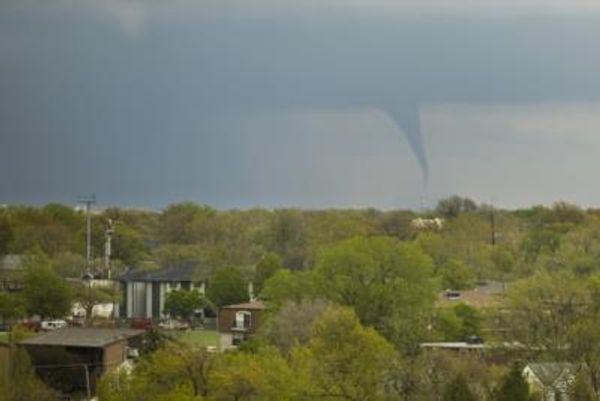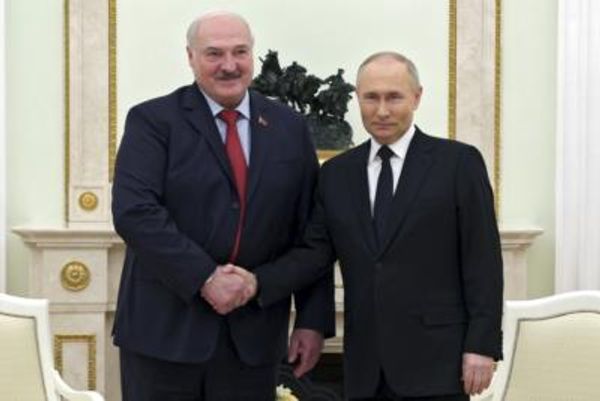The discourse
The noise has been deafening.
French President Emmanuel Macron and British PM Theresa May attacked Trump's unilateralism. Arab leaders fumed (possibly none more so than Jordan's King Abdullah, who described his humiliation). While Hamas has decried this as a declaration of war, most Palestinians are equal parts
enraged and despondent. Rural evangelists and beltway conservative pundits in America are in states of ecstasy. Israeli PM Benjamin Netanyahu doubly so. Despite this huge PR victory, Netanyahu is somewhat preoccupied by a looming corruption inquiry that will likely see him ejected from office.
Discourse concerning Israel and Palestine is fraught in part due to the conflation of the idea of Jerusalem and the reality of Jerusalem. The City of Light is perhaps the holiest city in world, home to cherished religious sites of all three Abrahamic religions. The spiritual significance of the Temple Mount is unparalleled; it has been prayed at and fought over for millennia.
The idea
The idea of Jerusalem isn't just a historical notion that dates back to the Crusades. We still see its invocation in the media to this very day. The modern Zionist project bolsters the idea of Israel as not just a Jewish state, but as the nexus of Judaism in the world. For them, the capture of Jerusalem is inextricably linked to the revival of their religion after the Holocaust. Likewise, modern Islamist movements have co-opted Jerusalem's history to serve their own ends: for them it is a site of historic dispossession and reckoning. And
for the evangelical Christians who gave Trump his presidency, its return to Israel is a biblical necessity.
The reality
All of the discourse and history distracts or polarises our perceptions of what is actually happening in the city itself: the reality of Jerusalem today. The entire city has been under Israeli administration since the Six-Day War of 1967. Just 35% of the population are Arabs living in East Jerusalem under military rule, a territory that shrinks every month with more forced evictions. Strategically built settlements continue to choke off access into the city from the West Bank. And despite the censure of the United Nations and the international community, Israel has continued to whittle away at the Palestinian claim over the city. All the major institutions of the Israeli government and judiciary are in Jerusalem.
It is only out of deference to 20th century peace initiatives that other countries house their embassies in Tel Aviv. Trump's decision to move the US embassy to Jerusalem should be a non-event: their consulate was already moved to West Jerusalem under the Obama administration. But the fact is that
the Palestinians' grip on their capital is slipping. And the peace process is broken. Alarmingly, reports emerged that Trump made the decision on Jerusalem months ago in what White House insiders describe as a desire to appear staunchly pro-Israel. So, Trump's decision does matter. And America's statements that the move will not have an effect on the 'final status' of the divided capital are a cheap and insulting fiction.
The world has changed
Crowds of Palestinians spent Friday
burning American flags, throwing rocks and being shot with rubber bullets. Resentment is burning across the Arab world. But the exhortations of Hamas and PLO leaders don't contain the same gravity that they did during the first and second intifada. For many in the West Bank and East Jerusalem just surviving under an immovable military occupation is a more pressing need than launching armed rebellion.
That we are living in a new era is best exemplified by Saudi Arabia's anodyne response to the crisis. Once a staunch ally of the Palestinians, the Gulf Arab states now side firmly with the old enemy, Israel. Their shared concern - Iran - poses far bigger threats than historical enmity. Last month the Kingdom's de facto ruler Prince Mohammad bin Salman gave an ultimatum to the lethargic old head of the Palestinian Authority, Mahmoud Abbas: accept this peace plan or we will replace you with someone who will.
That peace plan is an obscenity. It involves the creation of a noncontiguous Palestinian state that would not have Jerusalem as the capital, does not allow for the right of return of refugees and would allow Israel to keep all its illegal settlements.
On the hundred-year anniversary of the Balfour Declaration, foreign powers are once again deciding the fate of the Palestinian people.













